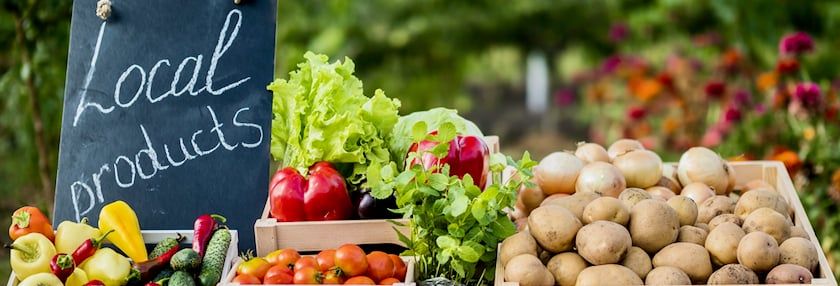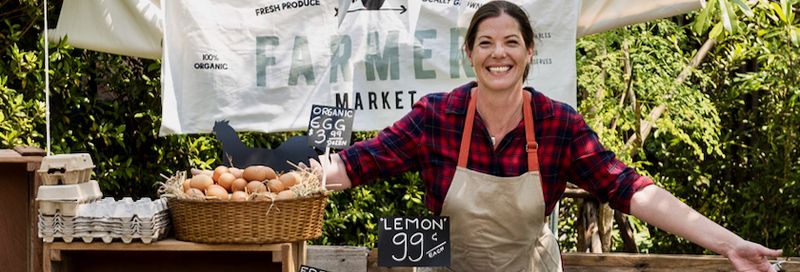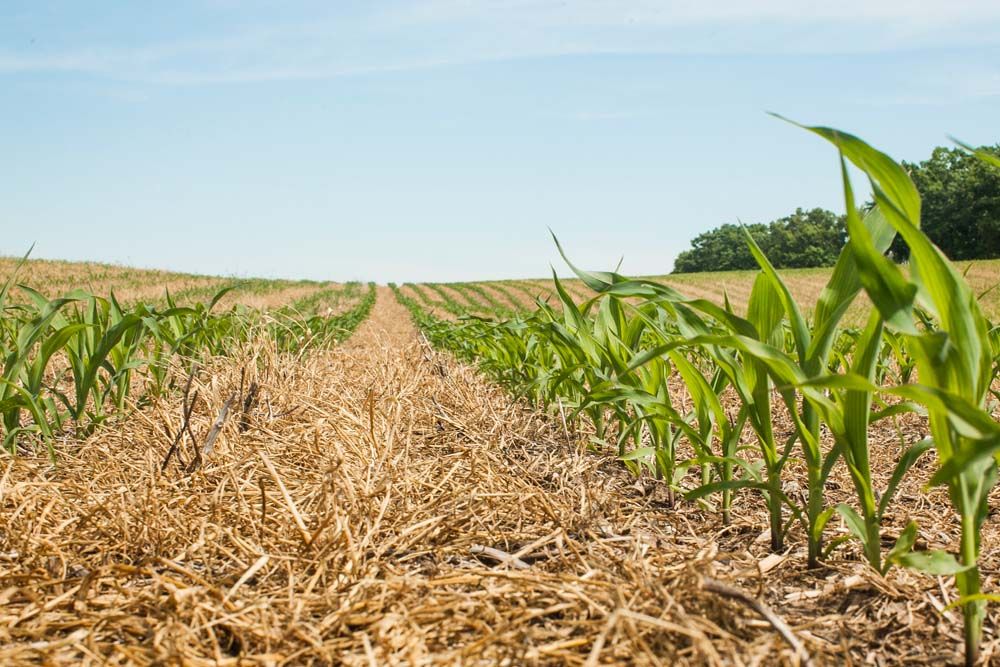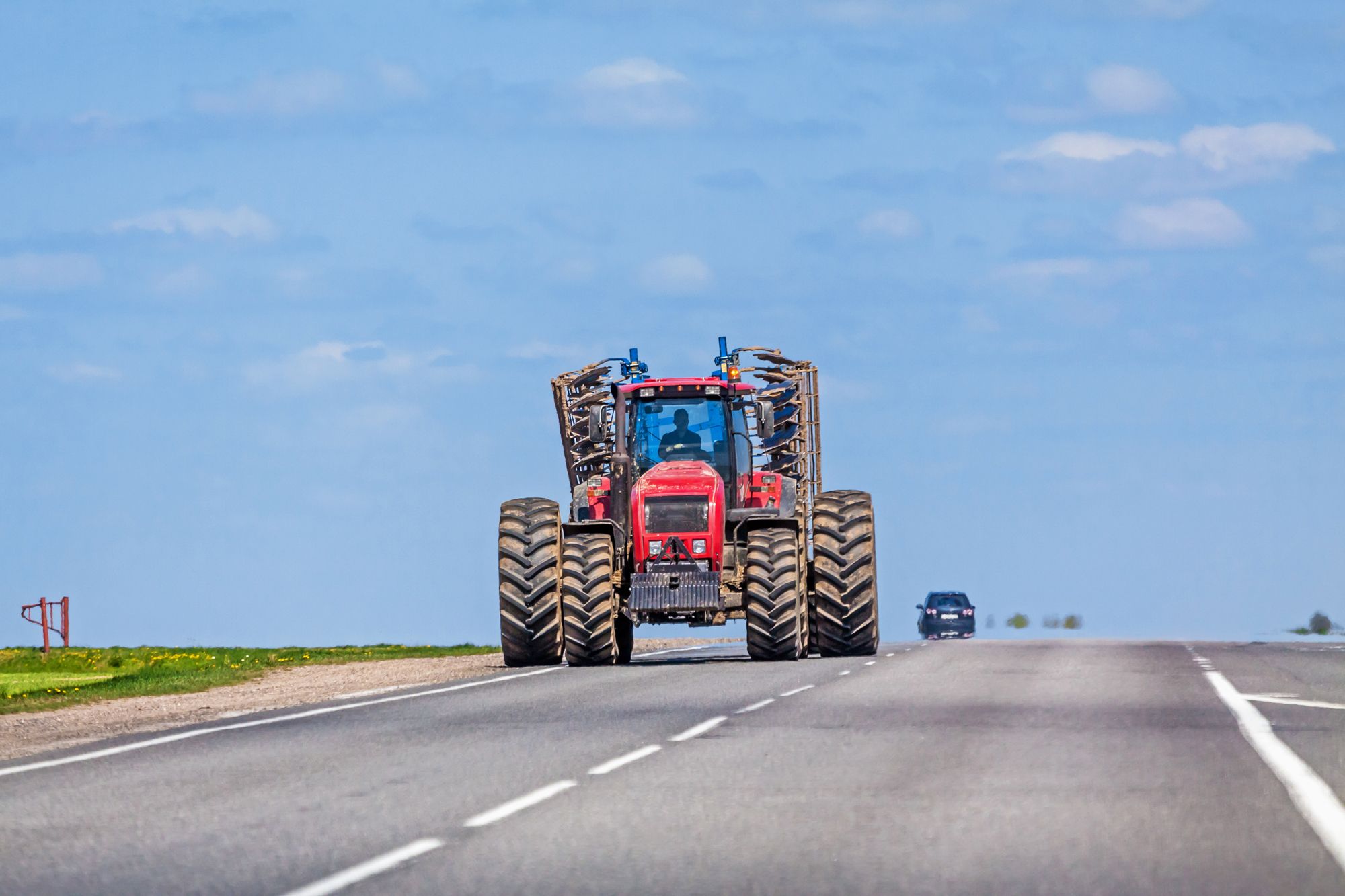The Importance Behind American-Grown Foods


Buy local and you might save a farm
For many of us, the idea of “buying local” is paramount. But we can’t always buy local—sometimes you just want a banana in Wisconsin in January.
But why do I and other ”ag-vocates” stress the importance of purchasing products grown in the USA so much? Many people recognize that products in the stores come from many international locations. This is great for products that are difficult to grow in the U.S. like tropical fruits, but it can be an issue for our domestic growers.
Waste-not your food supply
International trade is a basic requirement in our current global economy, and we depend on other countries for a myriad of things, and they depend on us in the same fashion.
In the agriculture world we export billions of pounds of meat, grains, fruits, and vegetables to international buyers. Some of our industries rely heavily on those international buyers. The meat industry sends many cuts of beef, pork, and poultry to international destinations that aren’t typically consumed domestically. Without these buyers, the food would likely be wasted.
So if international trade is a necessary component of many industries, shouldn’t it be okay to buy international products in our stores?
The short answer is that buying American-grown products helps ensure a long-term stable and safe domestic food supply. American farmers and ranchers are the only way for the United States to be self-reliant.
We have seen how incidents arise quickly when food is scarce in countries undergoing turmoil or international trade battles.
Since international trade is tightly connected, just one upset in an industry like steel or electronics could cut off trade of agricultural products. This was perfectly illustrated in recent struggles with China, as we saw a major trade backlash on agricultural products like wheat, other grains, and some meat.
Local equals stable
Purchasing American-grown products helps maintain a stable food supply here at home. In addition, it helps preserve the rural areas of our country which do so much environmentally and economically. America’s farms and ranches are home to thousands of species of wildlife, preserving natural areas all over the country.
Without agricultural products, some rural areas would quickly be concreted over and turned into another city, with its own swath of potential environmental issues. American growers are preserving our food and our land and generally results in less pollution in the process.
I live in Florida where illegal imports of food are common, unfortunately. Products labeled “organic” might actually not be, and it’s also a way for drugs to be smuggled into this country.
And then there’s labor, where we can’t always compete. Farm workers in Mexico or Central America might be paid $10 a day, but U.S. farm workers could be paid $15-20 an hour plus benefits.

Consequently, grocery chains may turn to imports to save a buck—why pay more for meat, grains, or produce when they can get the same thing from another country for less?
Unfortunately it’s 100% economics for some, leaving American growers in the dust. We must raise awareness of this and demand American-grown and local foods in stores whenever possible.
Buying local farm products
It’s important to know where our food comes from and to protect our food supply, our land, and our environment.
Purchasing American-grown products is not an attempt to slander other countries, we know the food they produce could be just as safe, nutritious, and environmentally friendly as food grown in the U.S.
However, we can’t guarantee that trade will always be harmonious. When American products aren’t available, like when they are out of season, then absolutely continue to purchase international products to support farming worldwide.
Tags:The Farm Babe

Acreage Life is part of the Catalyst Communications Network publication family.
















